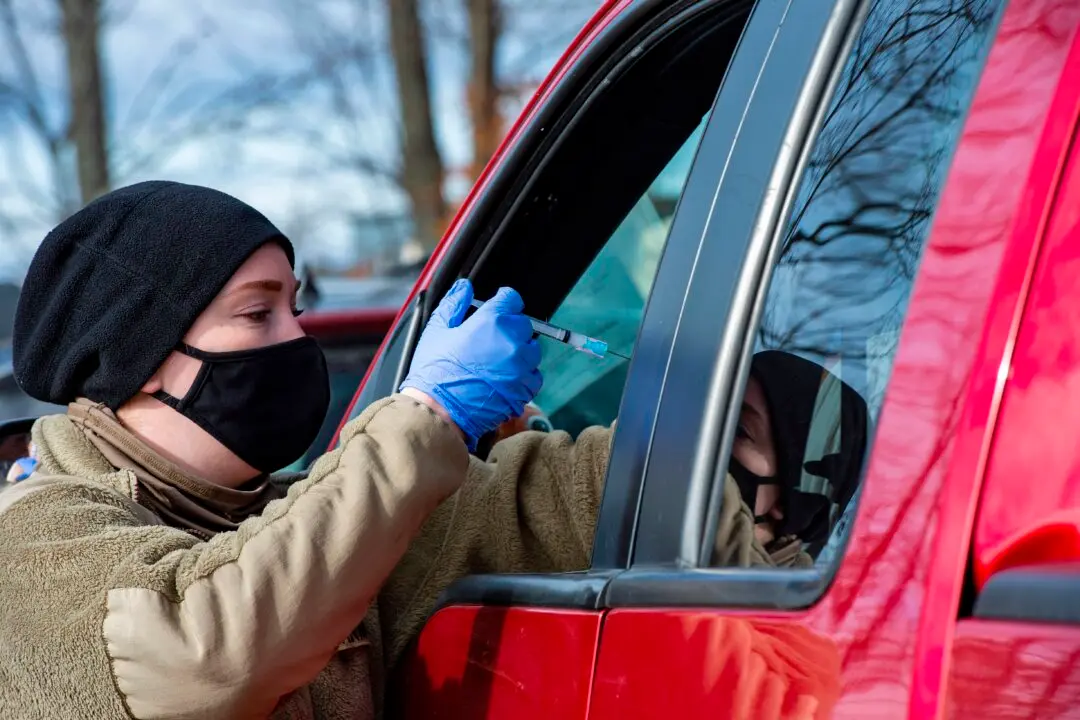The sentencing phase of the Jodi Arias trial is set to start in March, but the new jury will have a hard time deciding whether to sentence Arias to life in jail or death.
Marilou Allen-Coogan was part of the first jury, which couldn’t make a unanimous decision, forcing this next phase.
She told CBS that the new jury may not be able to choose the death sentence, which she chose.
“Individual choice is what it comes down to and the makeup of the jury,” she said. “It will be very hard. They won’t have all of the emotional ties that we had. They won’t have the four-and-a-half months of testimony. They will be given a capsulated version.”
Because of the heavy interest in the trial, it will be difficult to find impartial jurors, Allen-Coogan believes.
“I think it’s going to be extremely difficult to seat a jury that is impartial,” she said. “However, I think it’s absolutely a possibility that Arias could receive the death penalty depending on what’s presented.”
The original jury couldn’t reach a unanimous decision on the death sentence because of mitigating factors, which under Arizona law include “any aspect of the defendant’s character, propensities or record and any of the circumstances of the offense,” according to another juror.
“Some individuals [on the jury] looked at some of the mitigating factors - for example, that Jodi had been abused - they felt that she had been abused by Travis and as a child. They didn’t feel she had the best family life,” Diane Schwartz said. “They felt that mitigating factor outweighed the aggravating factors. That was the biggest concern.”
The defense team for Arias introduced eight mitigating factors, including her age, troubled upbringing, and artistic talent.
Prosecutor Juan Martinez, on the other hand, argued that none of the factors mattered in the brutal murder case.
Arias was convicted of murdering her boyfriend Travis Alexander, who suffered nearly 30 knife wounds, and was shot in the forehead.
She claimed that she killed Alexander in self-defense, but prosecutors convinced the jury that the murder was premeditated.
If the new jury cannot make a unanimous decision, then judge Sherry Stephens will decide whether Arias should get life in prison without possibility of parole, or get life in prison with possibility of parole in 25 years.





